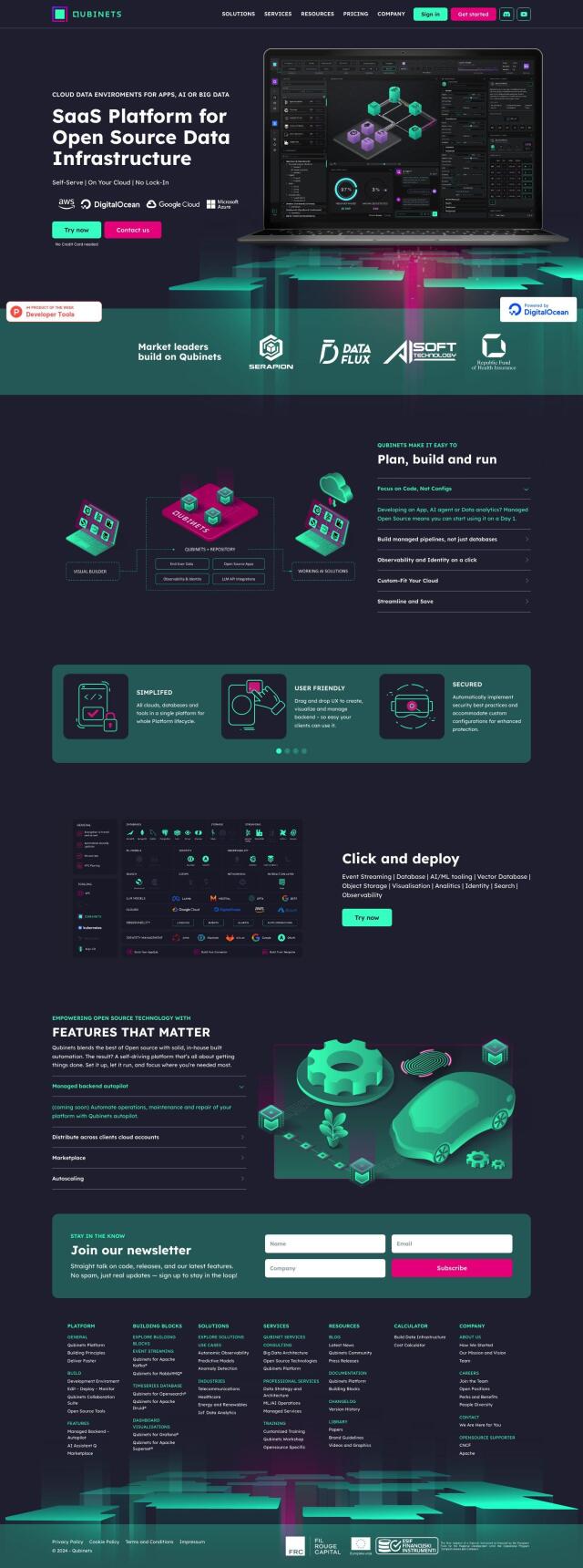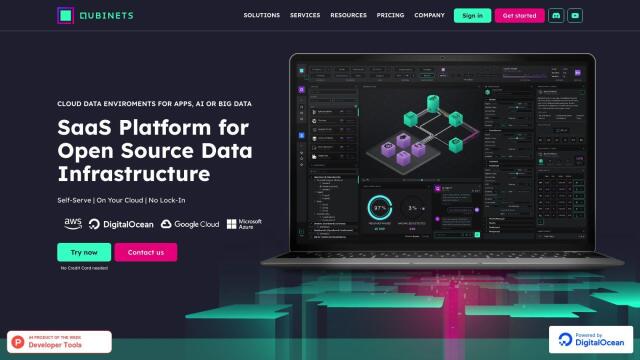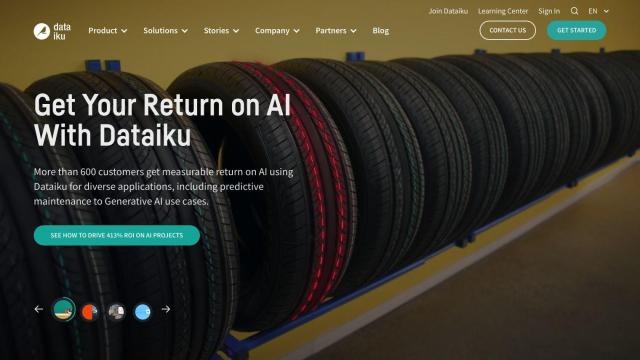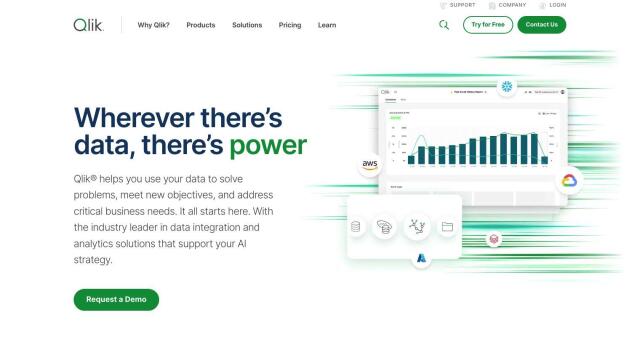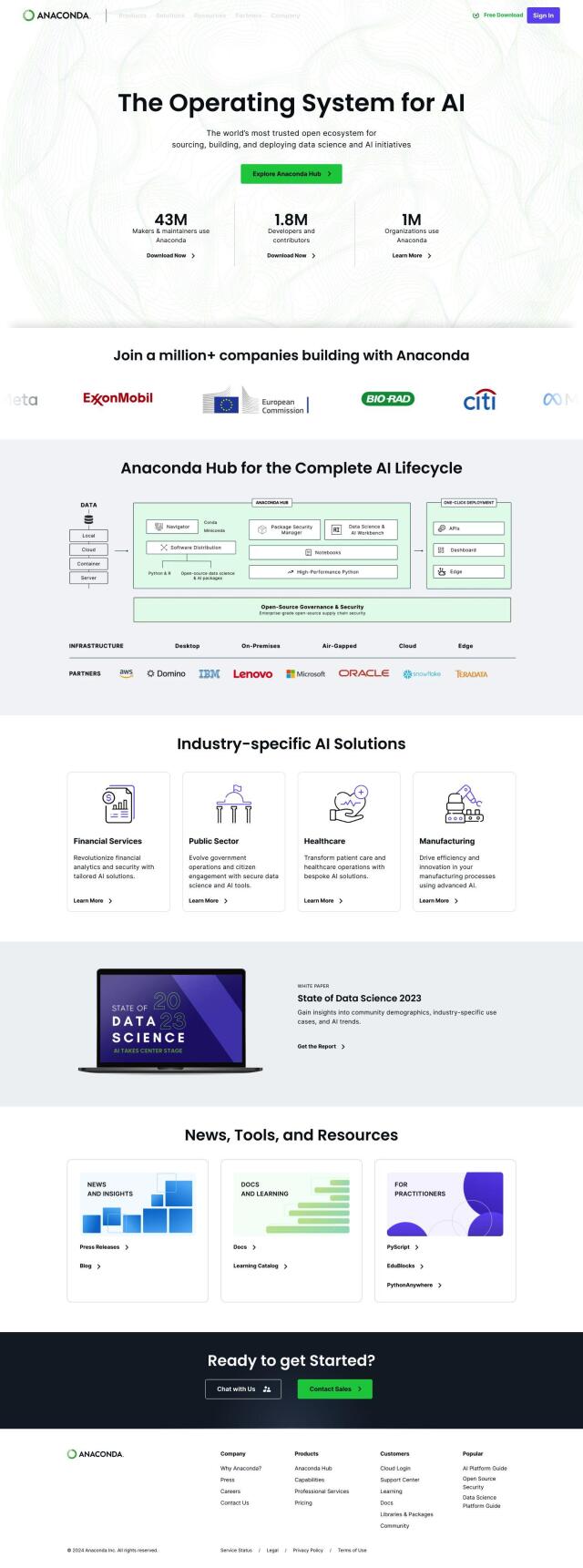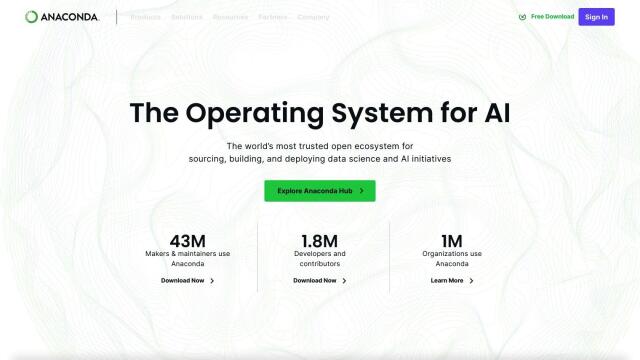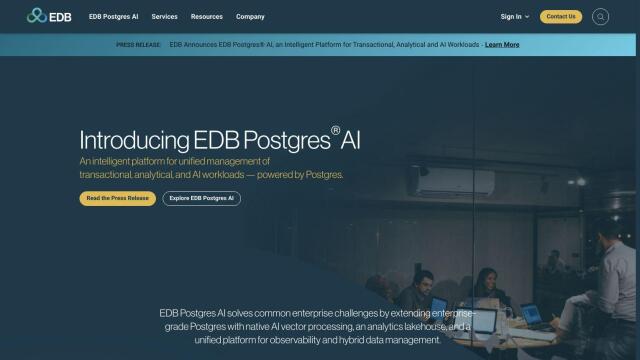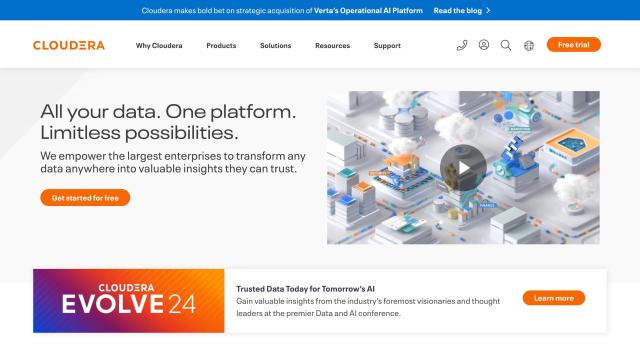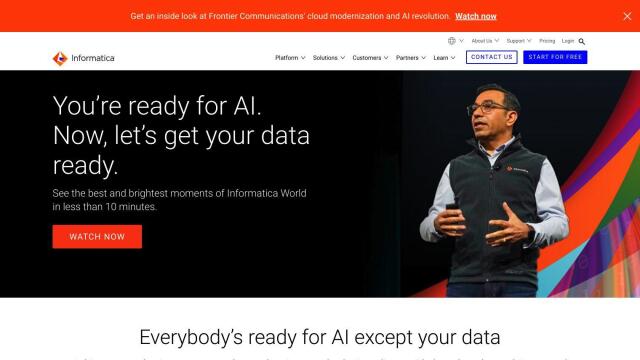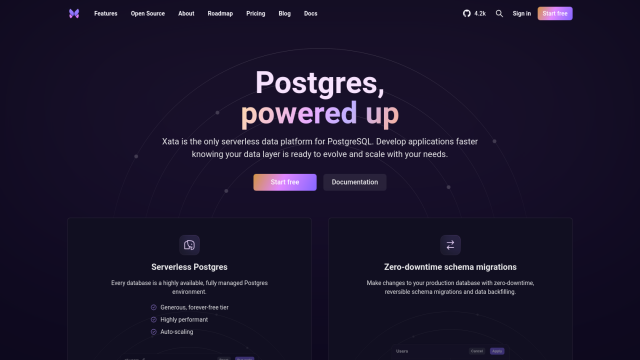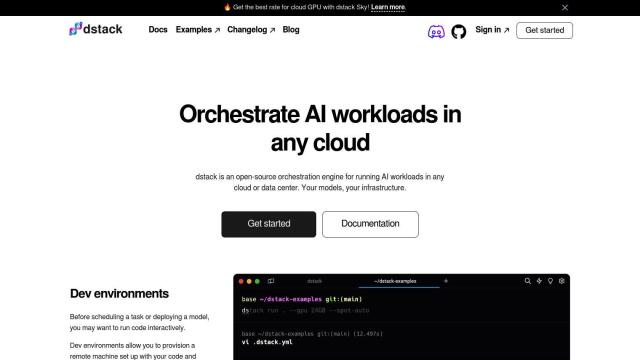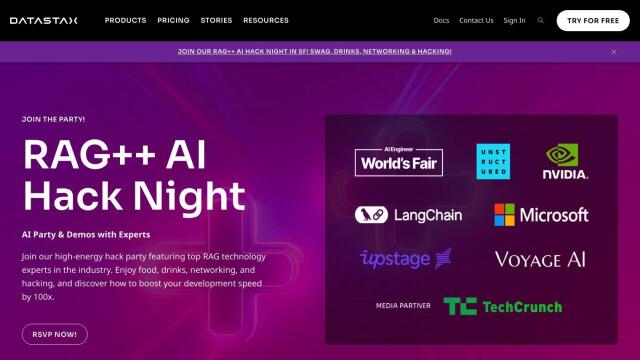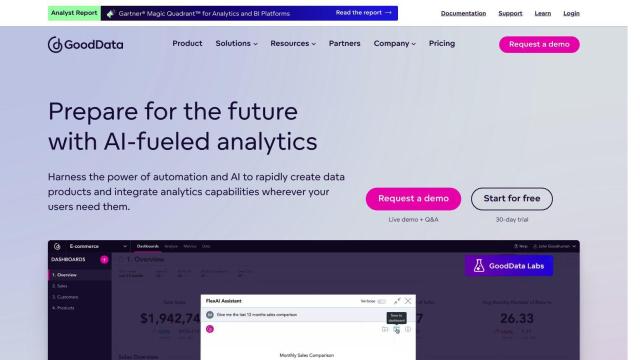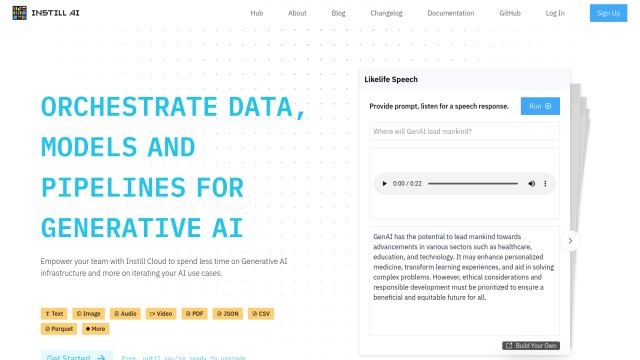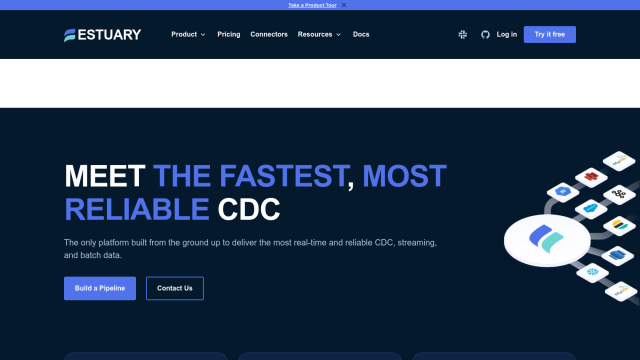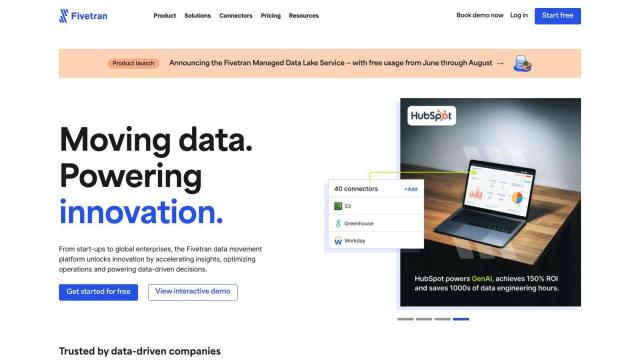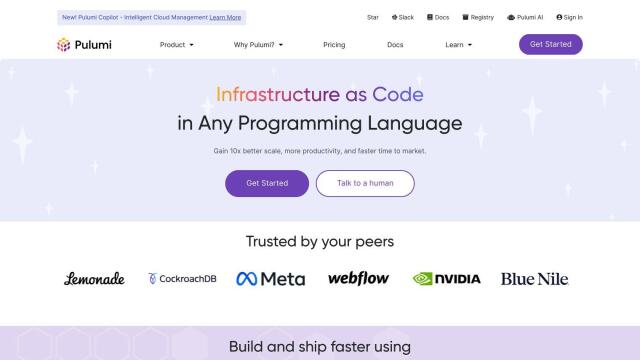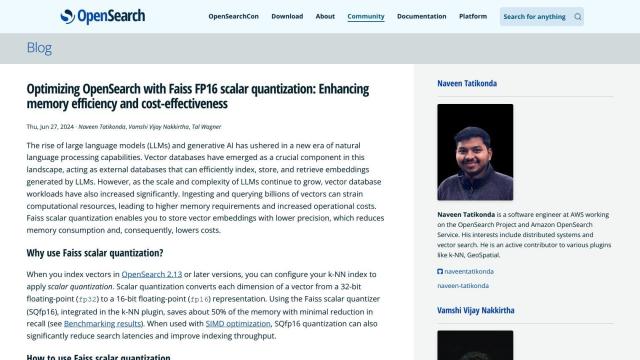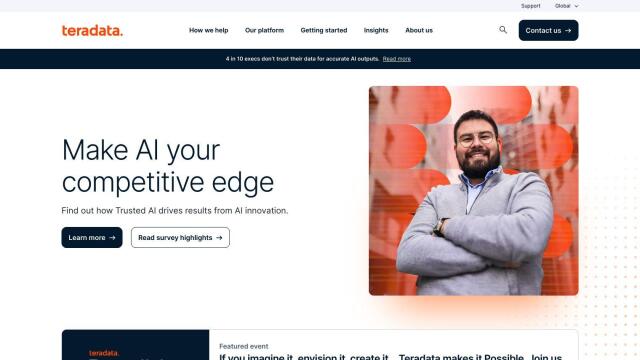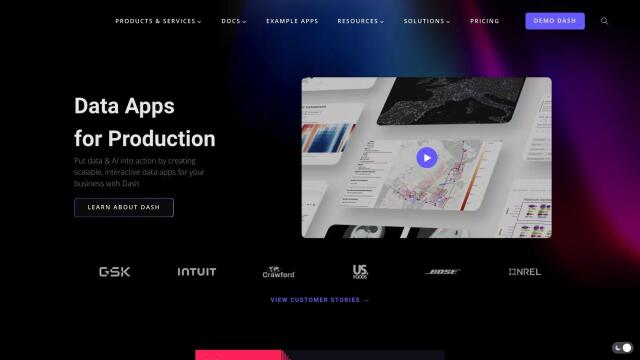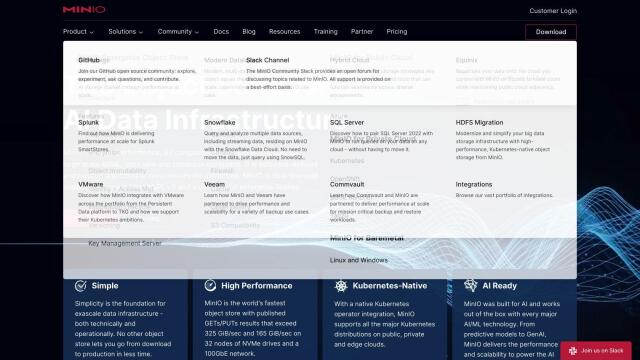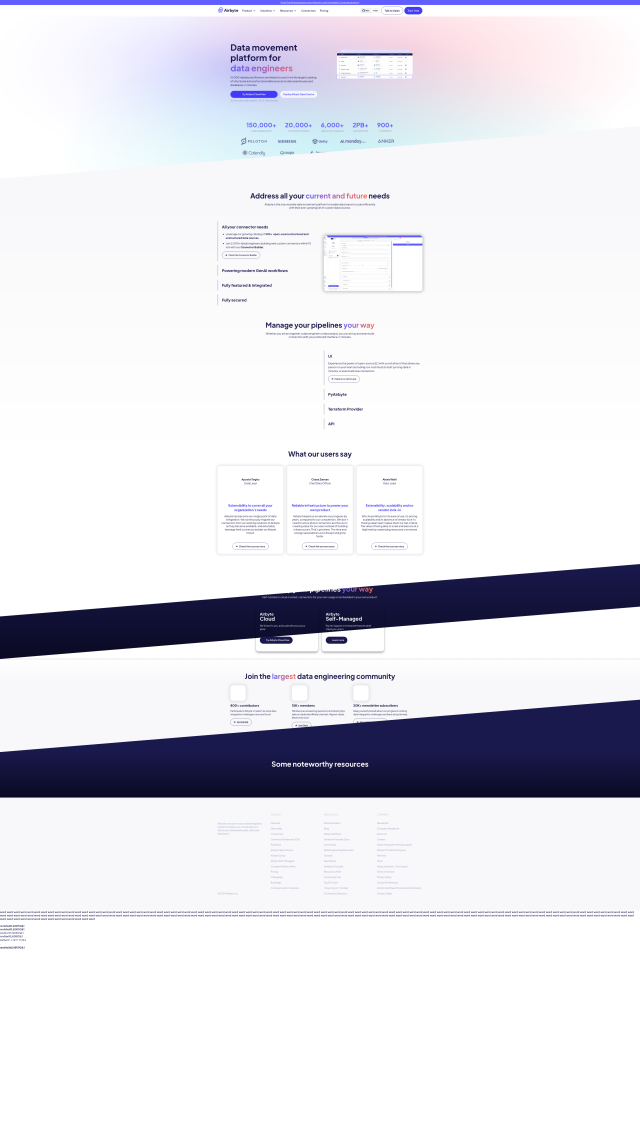
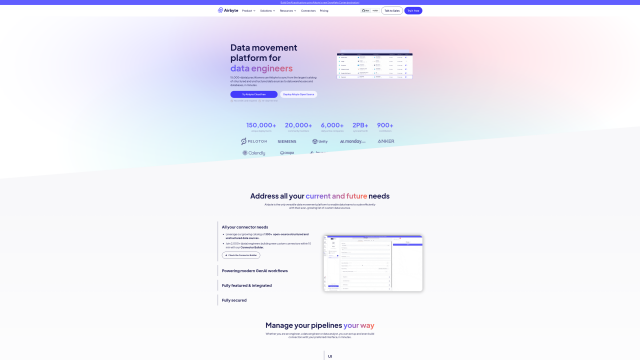
Airbyte
If you're looking for something to replace Qubinets, Airbyte is worth a look. It's an open-source data integration platform that lets you move data from more than 300 sources to many destinations. It comes with features like a Connector Builder for creating custom connectors, automated schema evolution and strong security. It can be deployed in many ways and controlled with a user interface, Python library or Terraform provider, which makes it good for big and small data integration jobs.

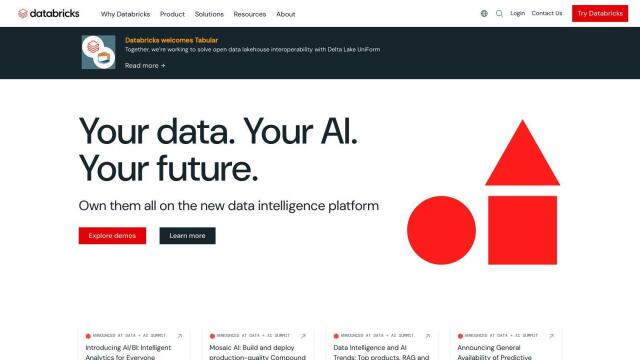
Databricks
Another good candidate is Databricks, a data intelligence platform that uses generative AI to marry data, analytics and governance. It supports a wide range of tools and integrations, including ETL, data ingestion and business intelligence. Databricks is built on lakehouse architecture, which means open, scalable and unified data management. With support, training and community engagement, it's designed to help customers build, deploy and operate AI applications directly against their data while keeping control and privacy.

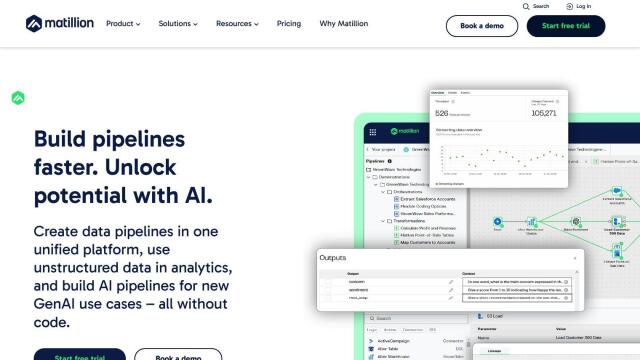
Matillion
If you prefer no-code options, Matillion offers a platform for designing and operating data pipelines with AI and cloud-native architecture. It includes no-code ELT, AI pipelines for unstructured data and a range of data connectors. Pricing is based on usage, so Matillion can accommodate data teams in different industries, and it's a good option for teams that value productivity and ease of use.

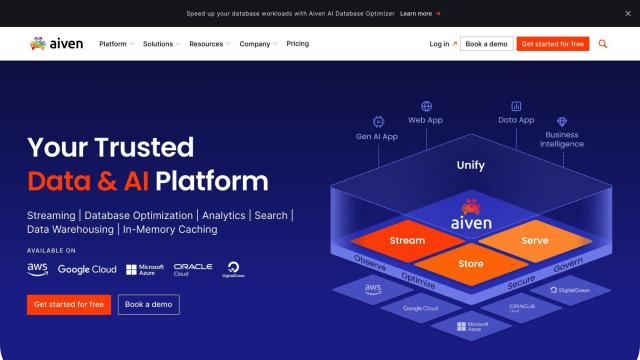
Aiven
Last, Aiven offers a single, cloud-agnostic platform for managing cloud data infrastructure. It runs open-source software on multiple clouds, offering services for streaming, storing and serving data. Aiven supports transparent pricing, strong security and compliance, so it's a good option for companies that want to simplify data infrastructure management and accelerate application development.
